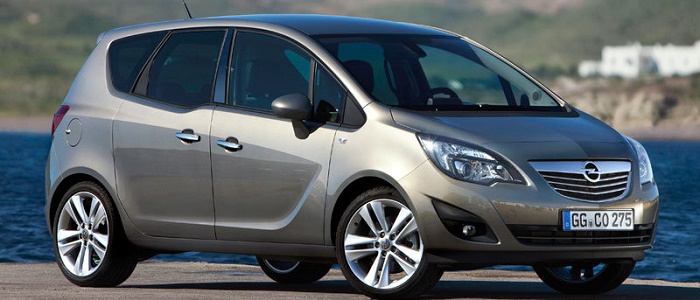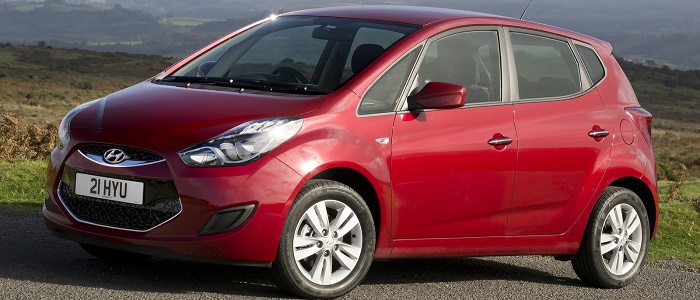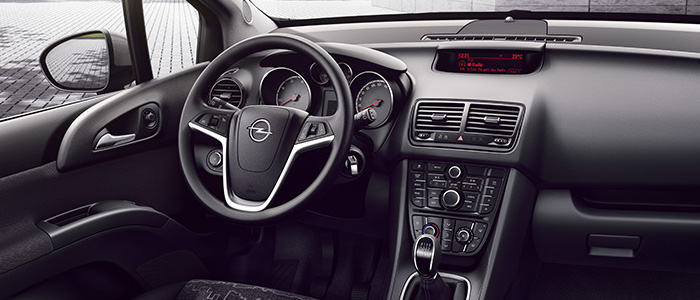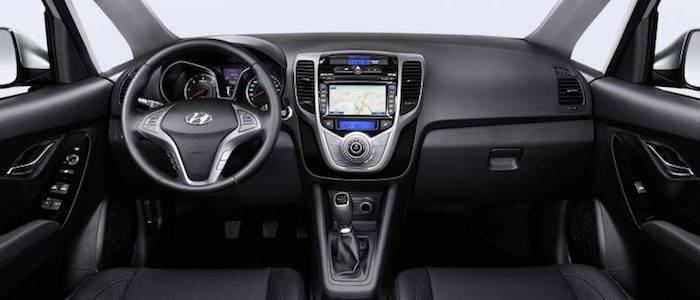Compare two cars
Compare any two cars and get our Virtual Adviser™ opinion
Dimensons & Outlines
Check vehicle history
Engine
Performance (manual gearbox)
Performance (automatic gearbox)
Expenses
Virtual Adviser's™ opinion
Well, these are two pretty similar cars we have here! It's only details that could potentially make the difference. Considering they both belong to the mpv segment and utilize the same 5-door MPV body style and the front wheel drive system, it all comes up to the specific diesel engine choice they offer. The first one has a Isuzu-engineered powertrain under the hood, a 4-cylinder, 16-valves 130hp unit, while the other one gets its power and torque from a 4-cylinder, 16-valves 128hp engine designed by Hyundai.
SafetyBoth vehicles got tested by European New Car Assessment Programme (Euro NCAP), with the same number of safety stars gained in the process. Moving further on, let's take a closer look at some additional safety-related facts. Both vehicles belong to the mpv segment, which is generally a good thing safety-wise, still it doesn't help us solve our dilemma, does it? Furthermore, if we'd like to consider vehicle mass in this context too, which we definitely should, the German car offers a marginal difference of 6% more metal.
ReliabilityManufacturers have been building their reliability reputation for decades now and, generally speaking, it appears that Hyundai does have a slight advantage, all the models observed together. That's the official data, while our visitors describe reliability of Opel with an average rating of 4.2, and models under the Hyundai badge with 4.5 out of 5. Independent research findings rank Meriva as average reliability-wise, and ix20 is more or less at the same level.We should definitely mention that owners of cars with the same powertrain as the German car rank it on average as 4.2, while the one under the competitor's bonnet gets 4.0 out of 5.
Performance & Fuel economyOpel is undoubtly more agile, reaching 100km/h in 1.2 seconds less than its competitor. In addition to that it accelerates all the way to 196 kilometers per hour, 10km/h more than the other car. When it comes to fuel economy an obvious choice would be the Korean car, averaging around 0 liters of fuel per 100 kilometers (0 mpg), in combined cycle. That's 100% difference compared to the German car!
Verdict
Hyundai appears just a bit more reliable, although the difference is truly marginal. The most important thing when deciding between any two vehicles should always be safety, both passive and active. In my opinion, everything taken into account, the German car offers slightly better overall protection and takes the lead. It all continues in the same direction, with Opel outracing its opponent in any situation possible, making it better choice for boy racers. It does come at a cost though, and that's the fuel consumption... It's really tough to make a final decision here, but if I'd need to, I'd say Hyundai. Anyway, that's the most objective conclusion I could've came up with and it's based solely on the information found on this website. Aspects such as design, practicality, brand value and driving experience are there for you to measure them out. I suggest you spend two more minutes in order to find out which car, based on your needs and budget, would be picked by the virtual adviser™, out of 12.000+ vehicles we currently have in our database.


































